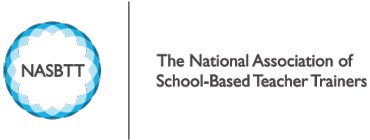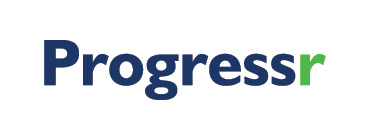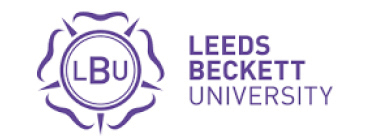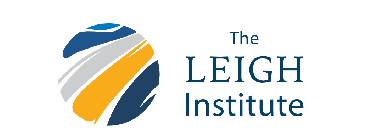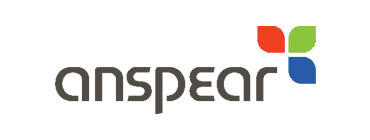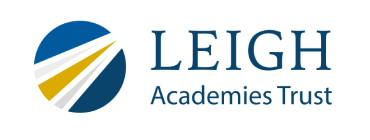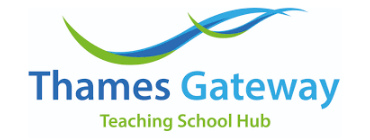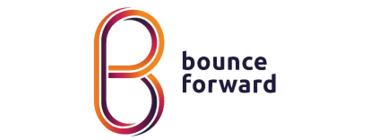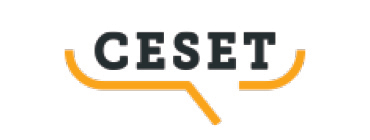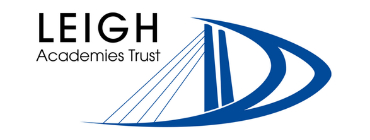
The KMT cross-phase curriculum
AT KMT we design and deliver our own bespoke cross-phase Initial Teacher Training curriculum, adapting to regional contexts and individual trainee needs.
Throughout your training year, the delivery of central-based training will be supported through KMT’s strategic partnerships. This includes those with The Kent & Medway Maths Hub, The Thames Gateway Teaching School Hub, The English Hub at Kingsnorth Associate Research School, Adoption UK, Bounce Forward, and expert colleagues across the Leigh Academies Trust and consortium schools.
Our curriculum consists of six key interconnected strands
- Professional Behaviours & Wellbeing
- How Pupils Learn
- Relationships & High Expectations
- Adaptive Teaching
- Curriculum & Assessment
- Evidence-Informed Practice
The rationale for selecting these strands was to design a curriculum in which the five core areas of the Core Content Framework (CCF) and KMT’s Key Content areas were deliberately interwoven, providing repeated opportunities to promote wider, more critical understanding, including in phase and subject-specific contexts. The curriculum design places the necessary importance on SEND, Disadvantage and Mental Health, as highlighted in the CCF.
The KMT Curriculum is the progression model against which trainees are assessed throughout their programme. Each training stage has a series of clear progression statements for all Key Strands and Key Content areas to allow for accurate, timely and developmental assessment, ensuring all trainees have a clear path to QTS. The KMT Curriculum is structured to ensure that trainees are well prepared to meet the Teachers’ Standards by the end of the programme and are ready to transition to their Early Career posts.
The KMT online portfolio
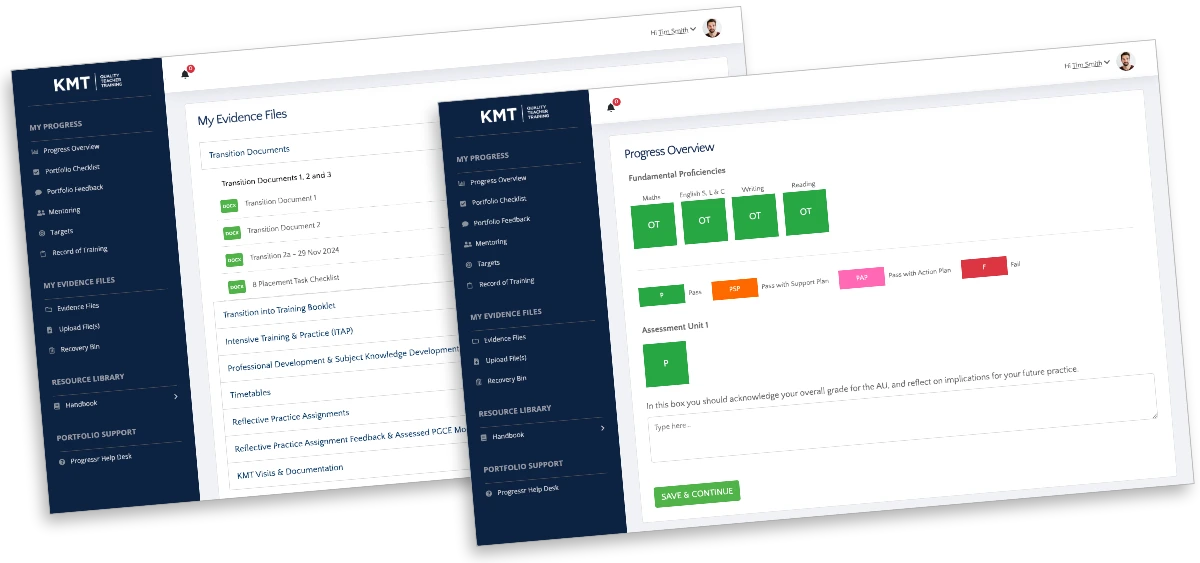
The KMT online portfolio streamlines the process by which our trainee teachers evidence how well they are progressing and applying their learning. It ensures an emphasis on quality rather than quantity in terms of reflection and evidence gathering. The use of a dedicated online platform also reduces administrative burdens and unnecessary workload for all stakeholders.
Intensive Training and Practice (ITAP)
Intensive Training and Practice (ITAP) is a dedicated and focused component of the teacher training curriculum. Its purpose is to reinforce trainees' understanding of essential evidence-based principles that contribute to effective teaching. Additionally, it allows trainees to practice applying these principles and integrating them into their evolving professional practice.
KMT’s approach to ITAP draws on the best expertise available from within our partnership schools and national networks so trainees can consolidate their understanding of how the evidence base shapes best practice in their phase and subject.



